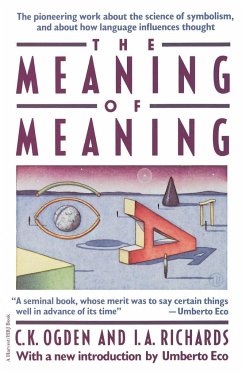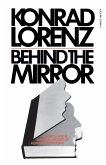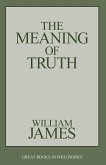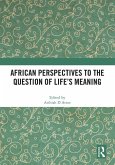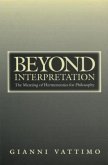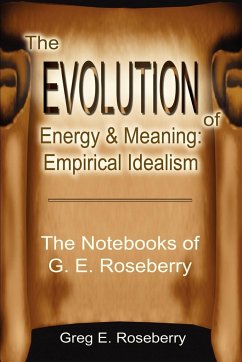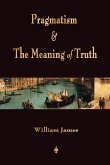"Language is the most important of all the instruments of civilization." The authors state this premise boldly in their preface to "The Meaning of Meaning," a classic work whose significance--and challenge--to the study of language, literature, and philosophy has remained undiminished since its original publication. Much about language continues to be only hazily understood, distorted by our habitual attitude--often one of indifference--toward words, or by lingering assumptions based on discredited theories. What IS the relationship between words and what the words refer to? Between words and the way we think? Can understanding such matters lead to greater precision in communication? Readers considering these questions find themselves at the crossroads of linguistics and communications theory, of literary criticism and philosophy--an interdisciplinary nexus claimed by the increasingly influential field of semiotics--and "The Meaning of Meaning" will prove, as it has over the last six decades, an essential resource. In his introduction Umberto Eco, emininent novelist and, not coincidentally, semiotician, provides a fascinating perspective on this pioneering work that continues to disturb intellectual complacency and provoke thought and discussion.

